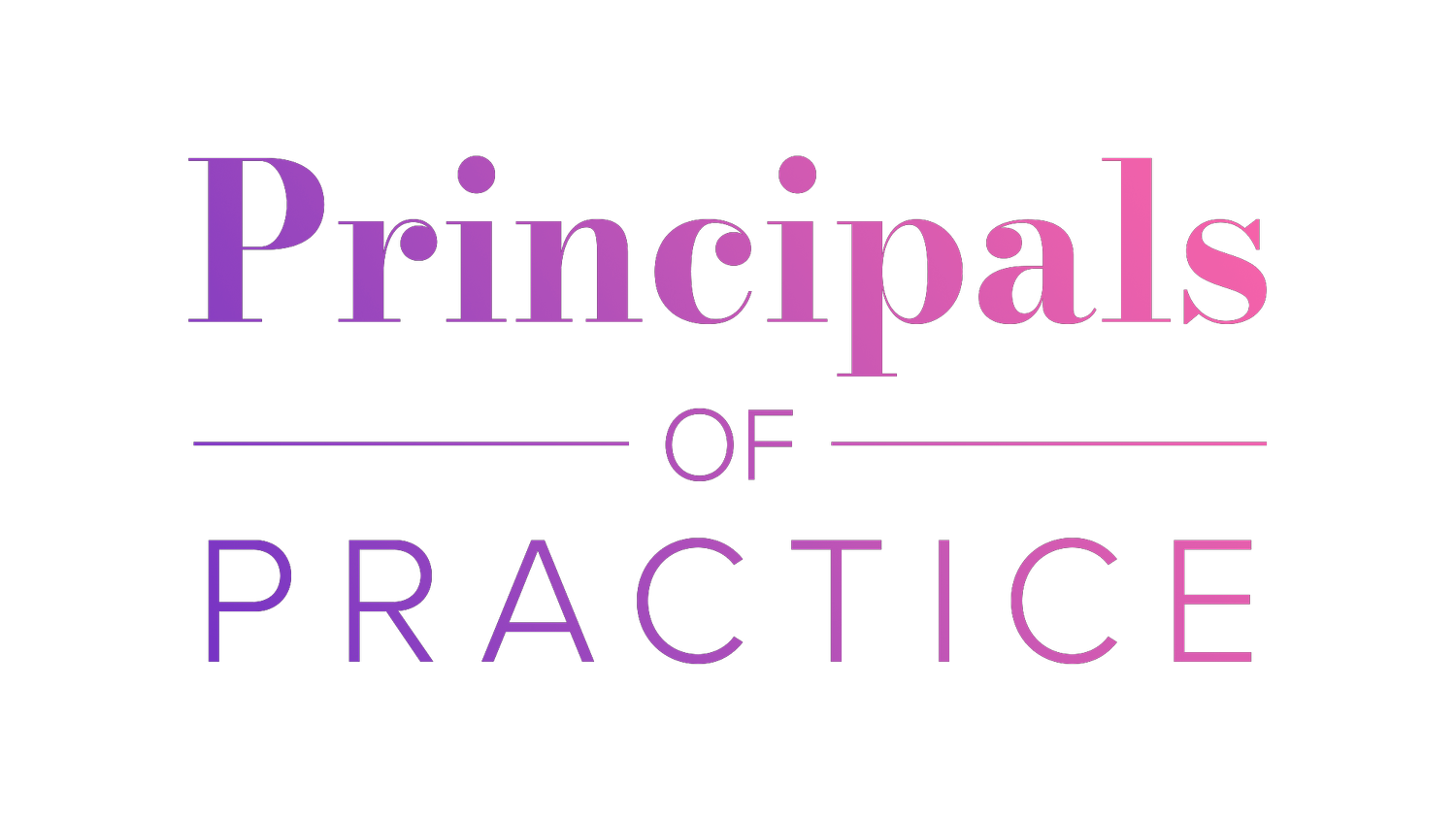The Professions Are Changing—Are You Ready?
We’re in the middle of a quiet revolution in professional services. Advanced technology and AI are reshaping how work gets done. Private equity firms are investing in, and in some cases acquiring, traditional partnerships and professional services firms. And the pace of change is only accelerating.
For those of us working in professional services — law, accounting, consulting and beyond, this creates both unease and opportunity. Business models are shifting, but so too are the expectations of clients, the shape of careers, and what it means to be a "professional" today.
In times like this, it’s easy to double down on what we know: technical excellence, client responsiveness, being reliable. But if we want to lead, adapt, and build careers that thrive through change — we need to grow beyond that.
Here are three skillsets I believe professionals will need most in the years ahead:
1. Adaptive Sensemaking
This is the ability to step back, look at what’s changing, and figure out what really matters. It’s about making sense of complex or ambiguous situations, something we’re seeing more of every day.
Whether it’s understanding how AI might change your role or your firm’s leverage structure, or navigating a client brief that sits outside the usual boundaries, adaptive professionals can spot patterns, hold uncertainty, and still make a thoughtful next move. This helps avoid knee-jerk decisions or clinging to outdated ways of working. It also builds confidence in teams: people feel safer when someone can calmly say, “Let’s make sense of this together.”
2. Relational Intelligence
The further technology evolves, the more irreplaceable human connection becomes. Relational intelligence is about how we build trust, collaborate, give feedback, and influence others — especially across teams, generations, and disciplines.
Clients are already expecting more than technical answers. They want thought partners who listen, who understand context, who can help them navigate uncertainty — not just deliver a service. Internally, firms need people who can lead from any level, build culture, and help others succeed. Relationships are becoming the real engine of performance.
3. Identity Agility
Many professionals have built careers on being “the expert” or the “go-to person” for a specific technical skill. But what happens when AI can do parts of that work faster, cheaper and dare I suggest, more accurately?
Identity agility is the ability to adapt how you see yourself as a professional. It’s about being open to evolving your role, learning new skills, and staying grounded in your purpose, beyond any single title or task. This isn’t easy. But those who can shift and grow in how they define their value will be better placed to stay relevant, confident, and energised in a changing world.
A new kind of professional
The future of professional services isn’t just about working smarter. It’s about showing up differently: with more clarity, more connection, and more courage.
Sensemaking. Relational intelligence. Identity agility. These are the skillsets we need not just to survive uncertainty, but to shape what comes next.

